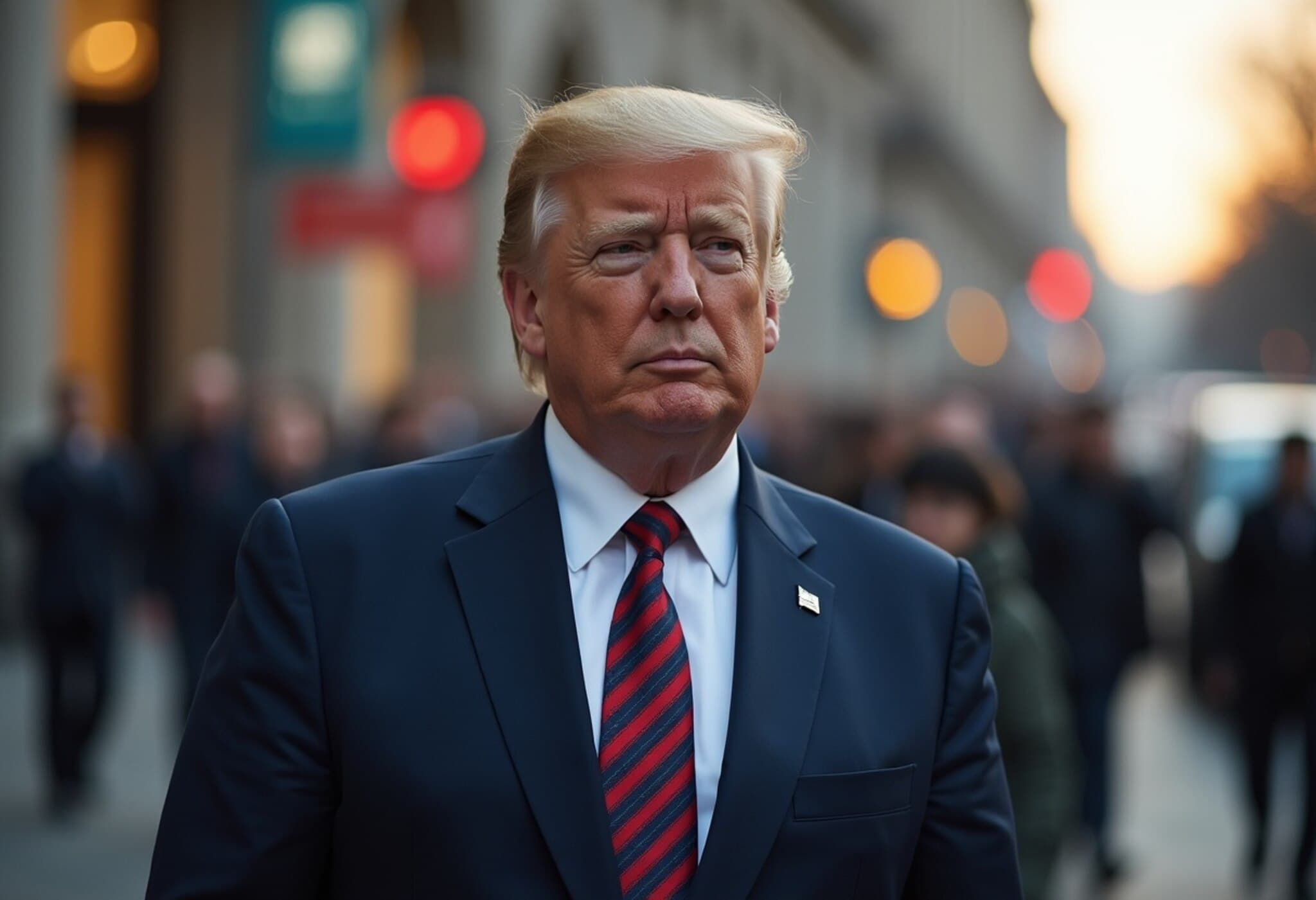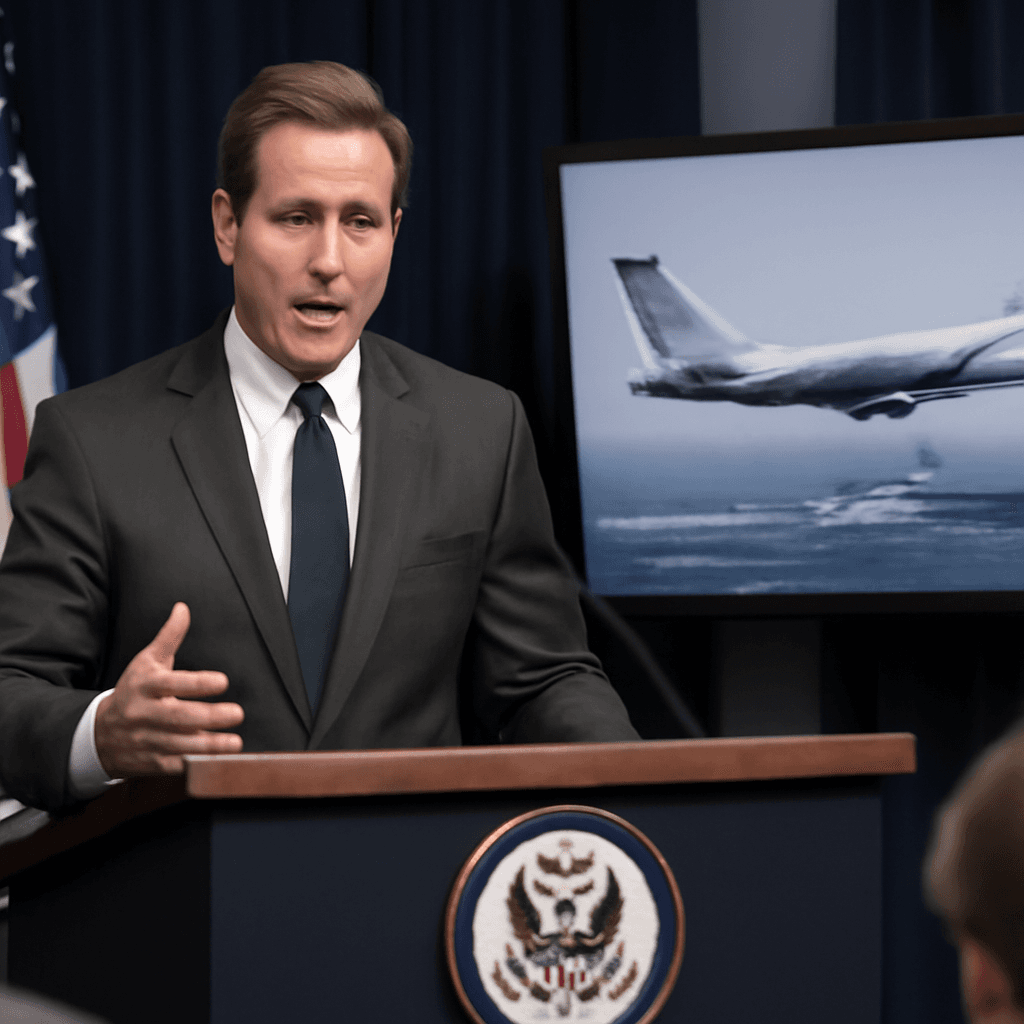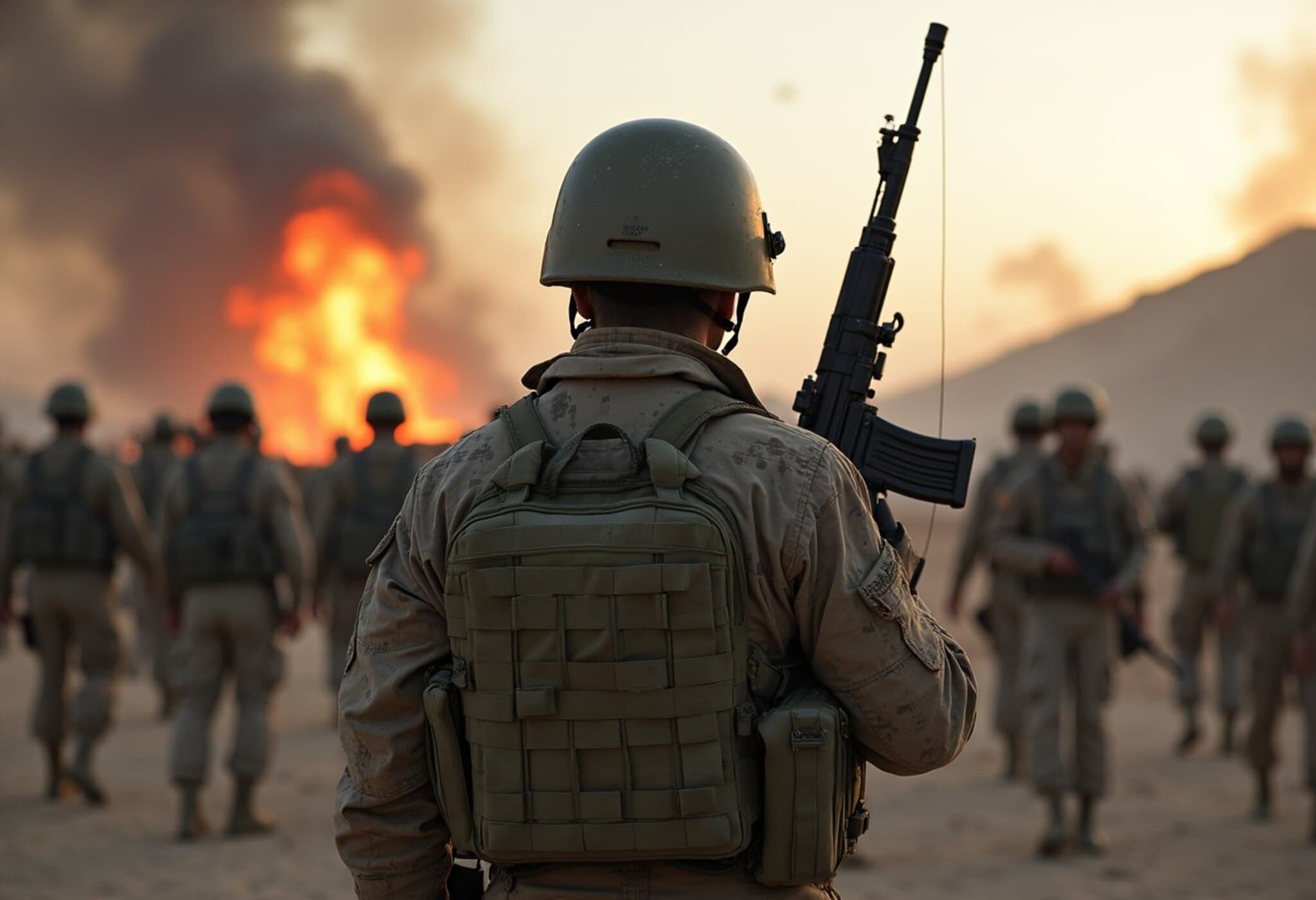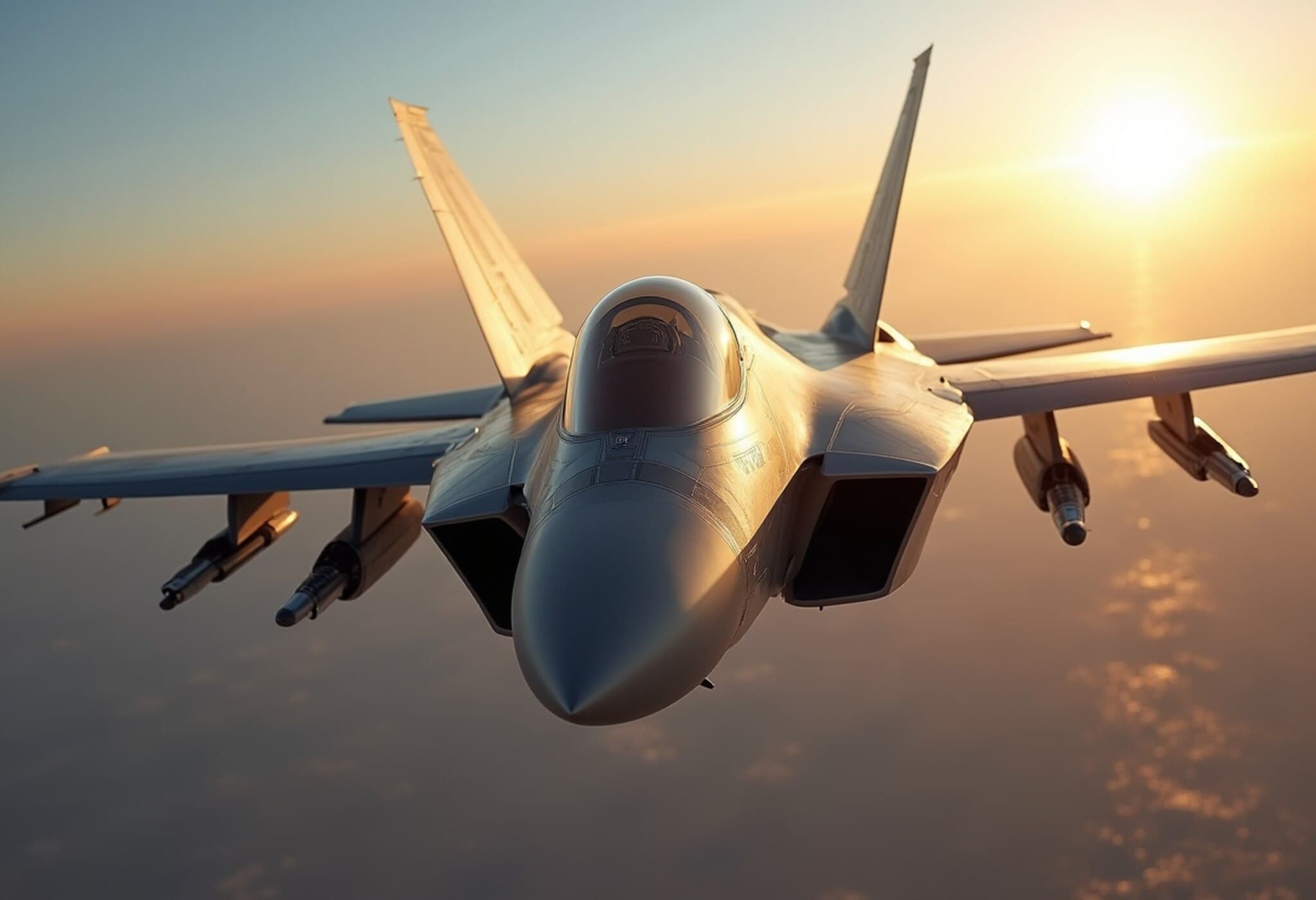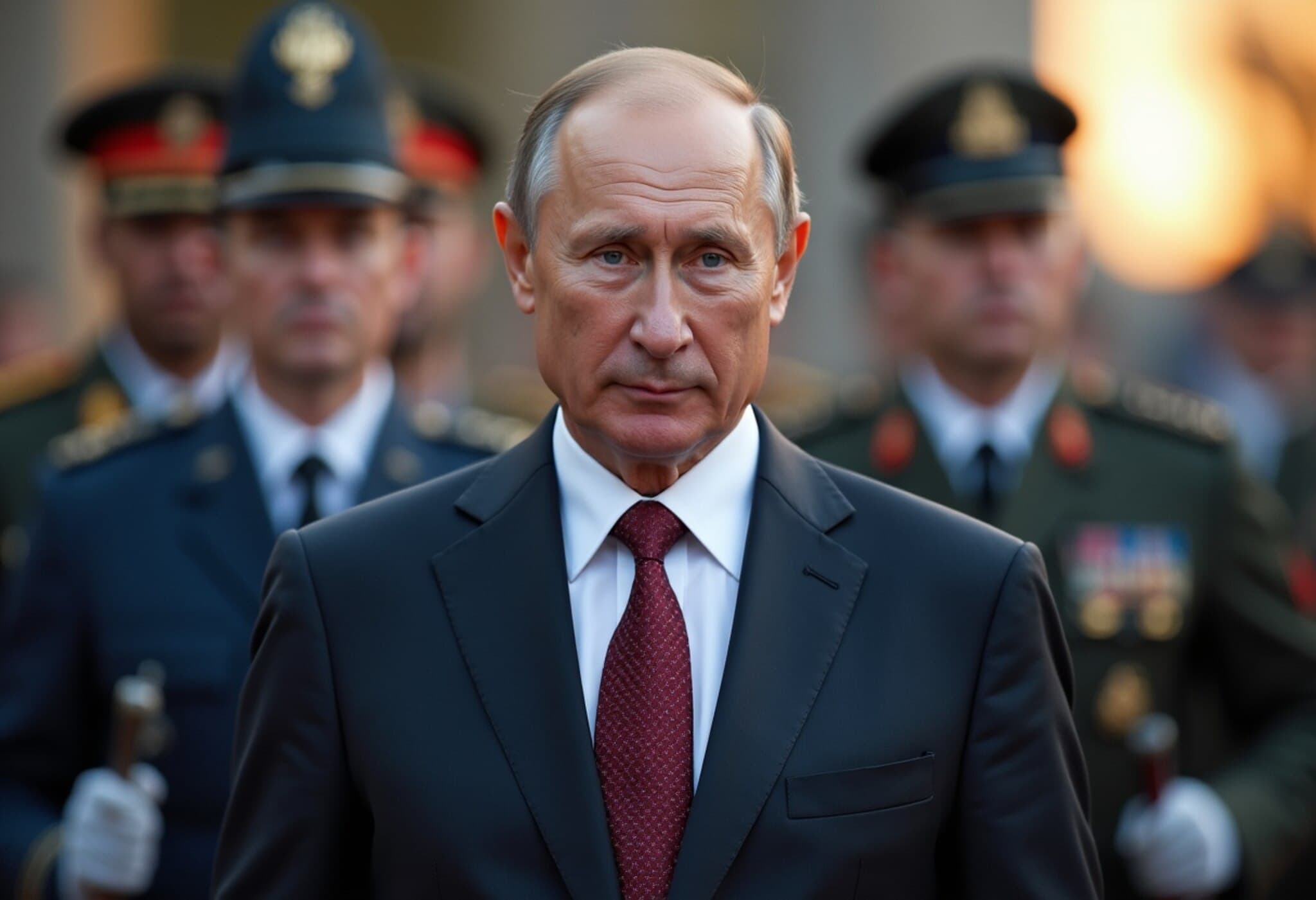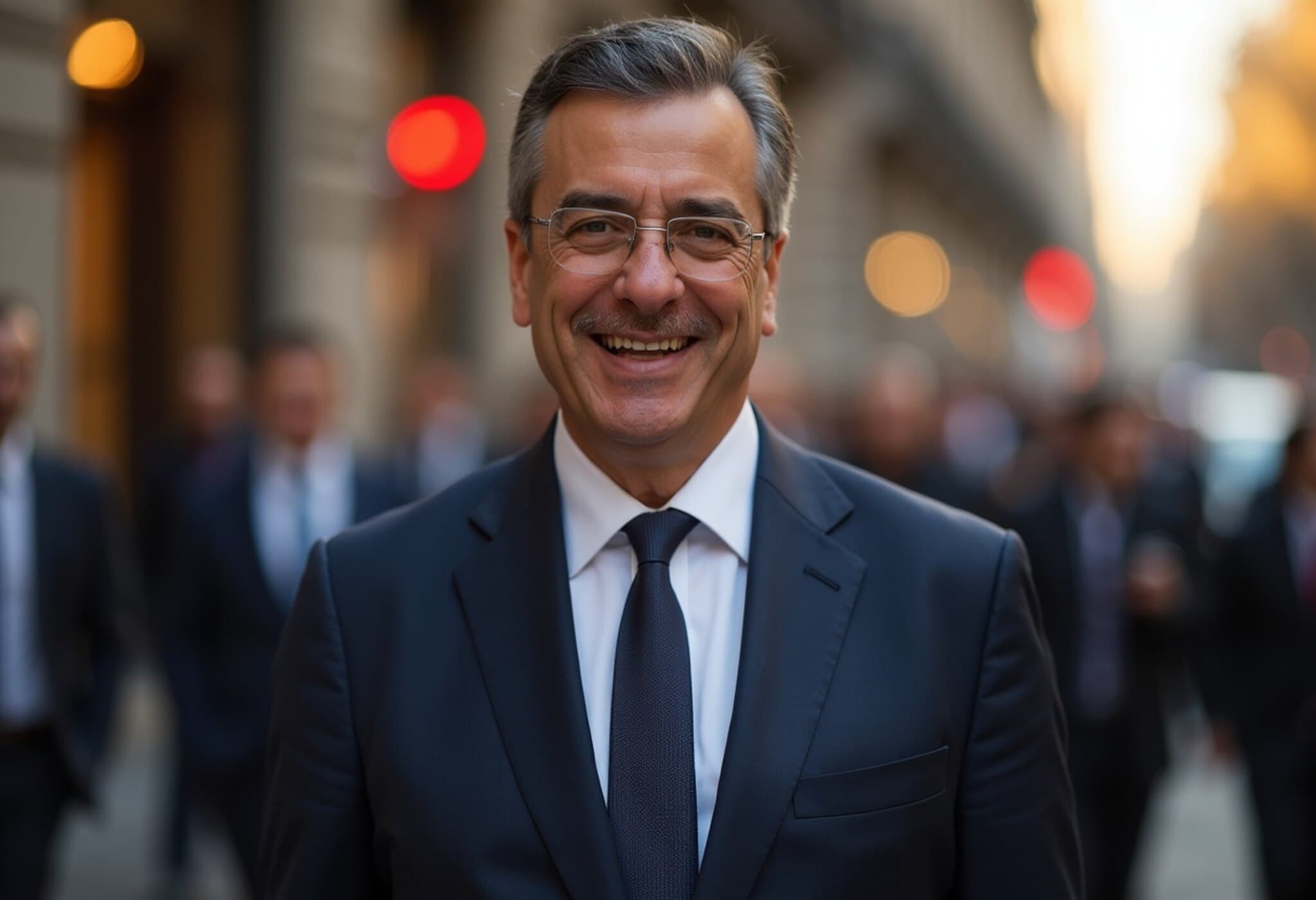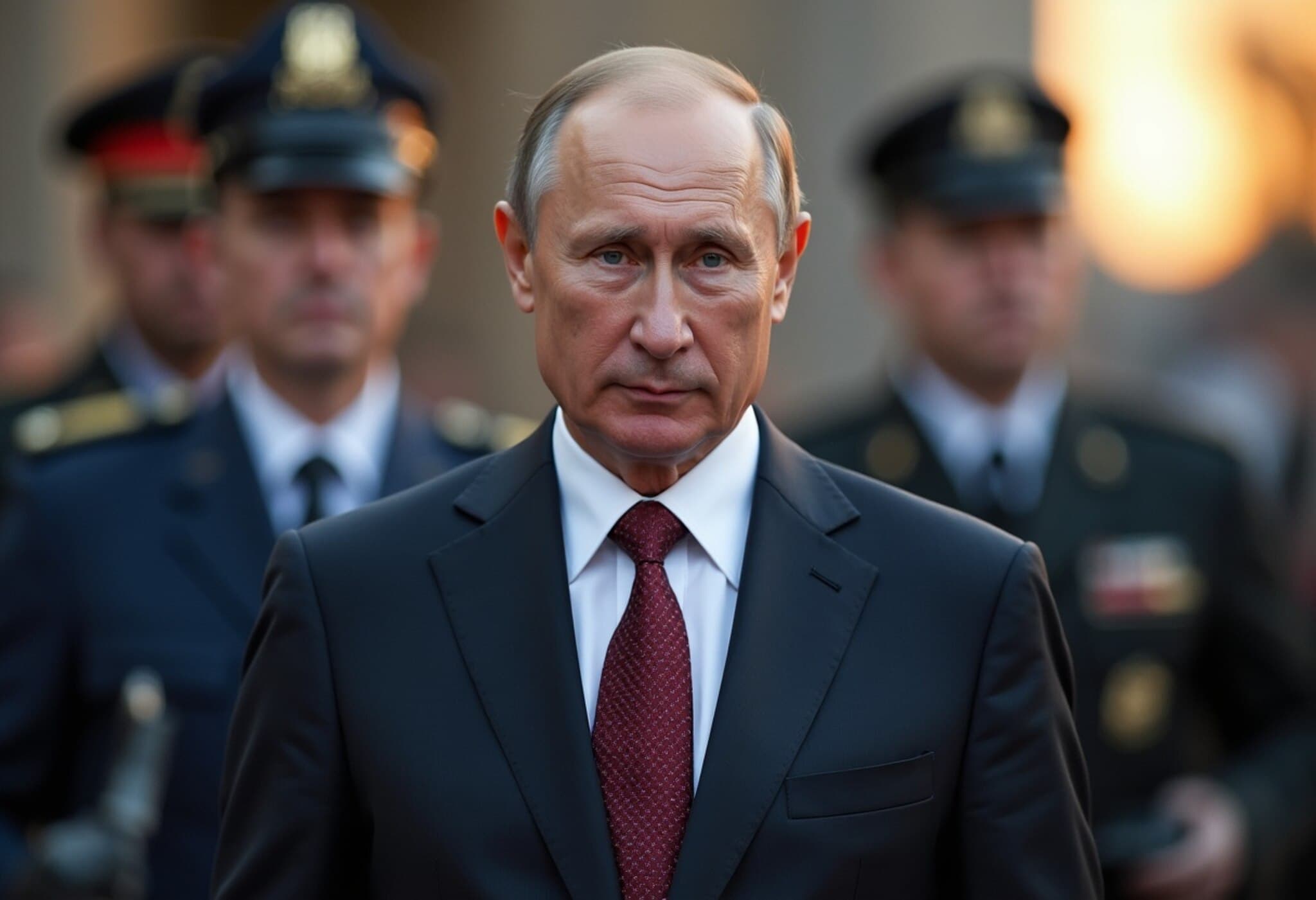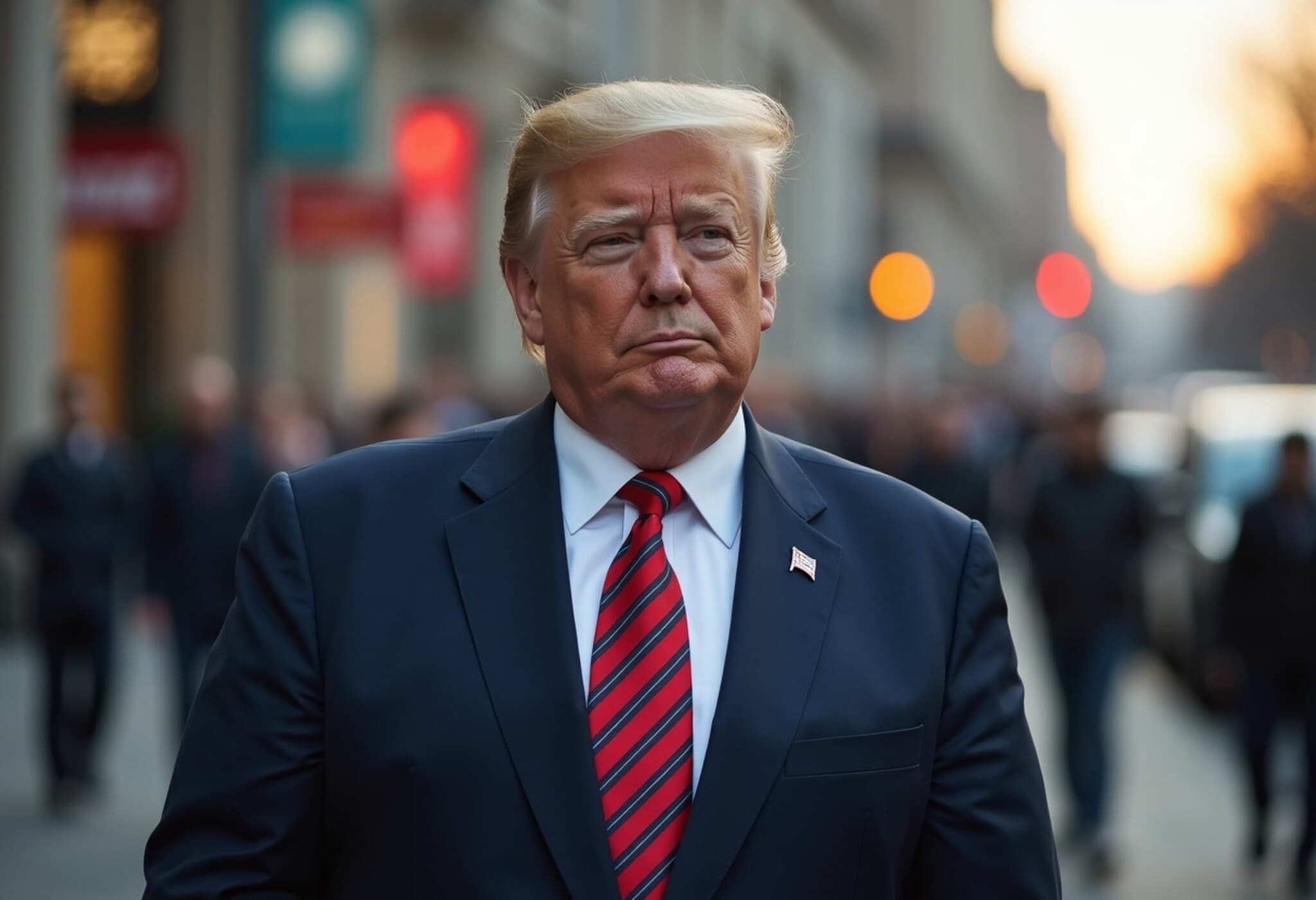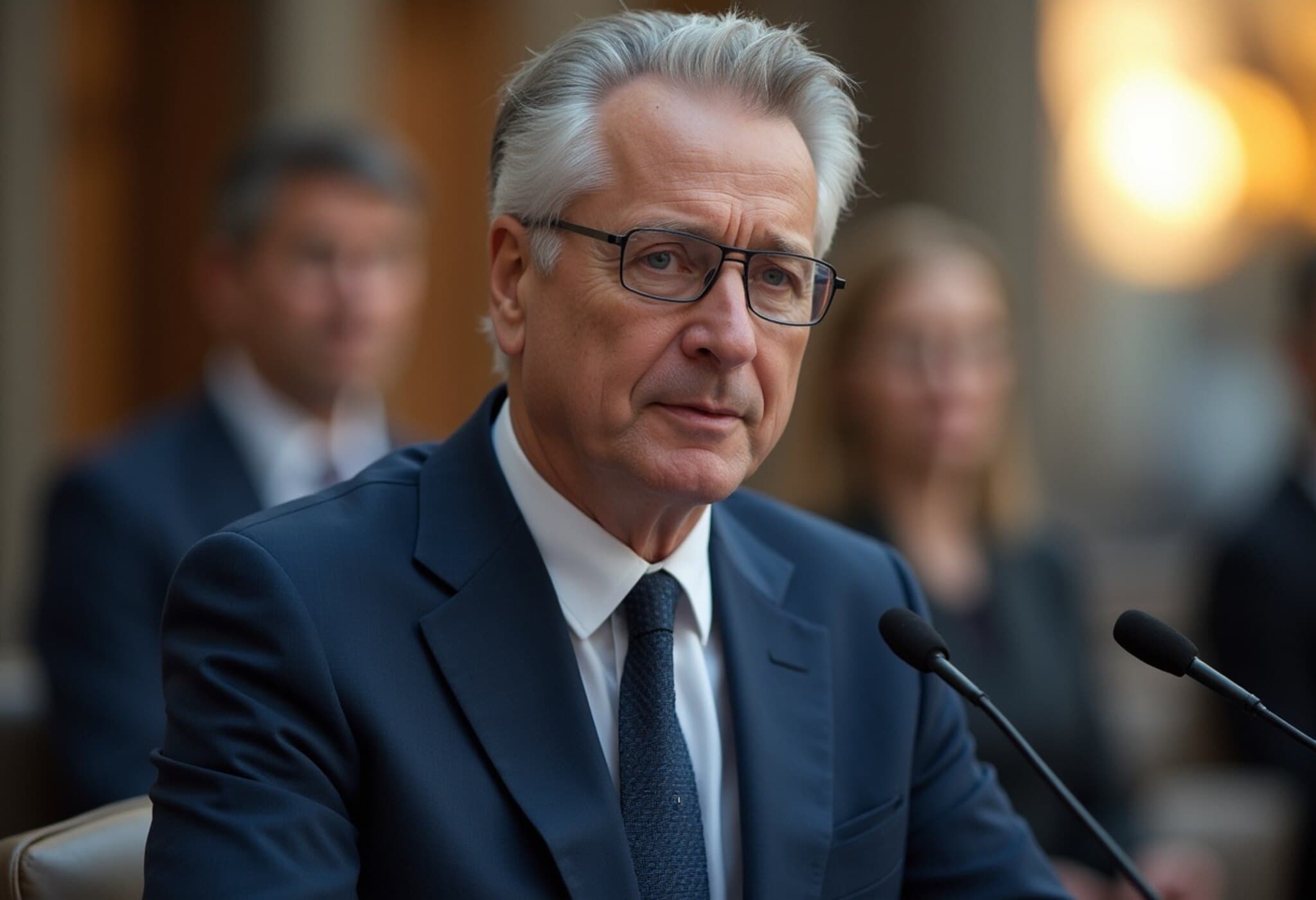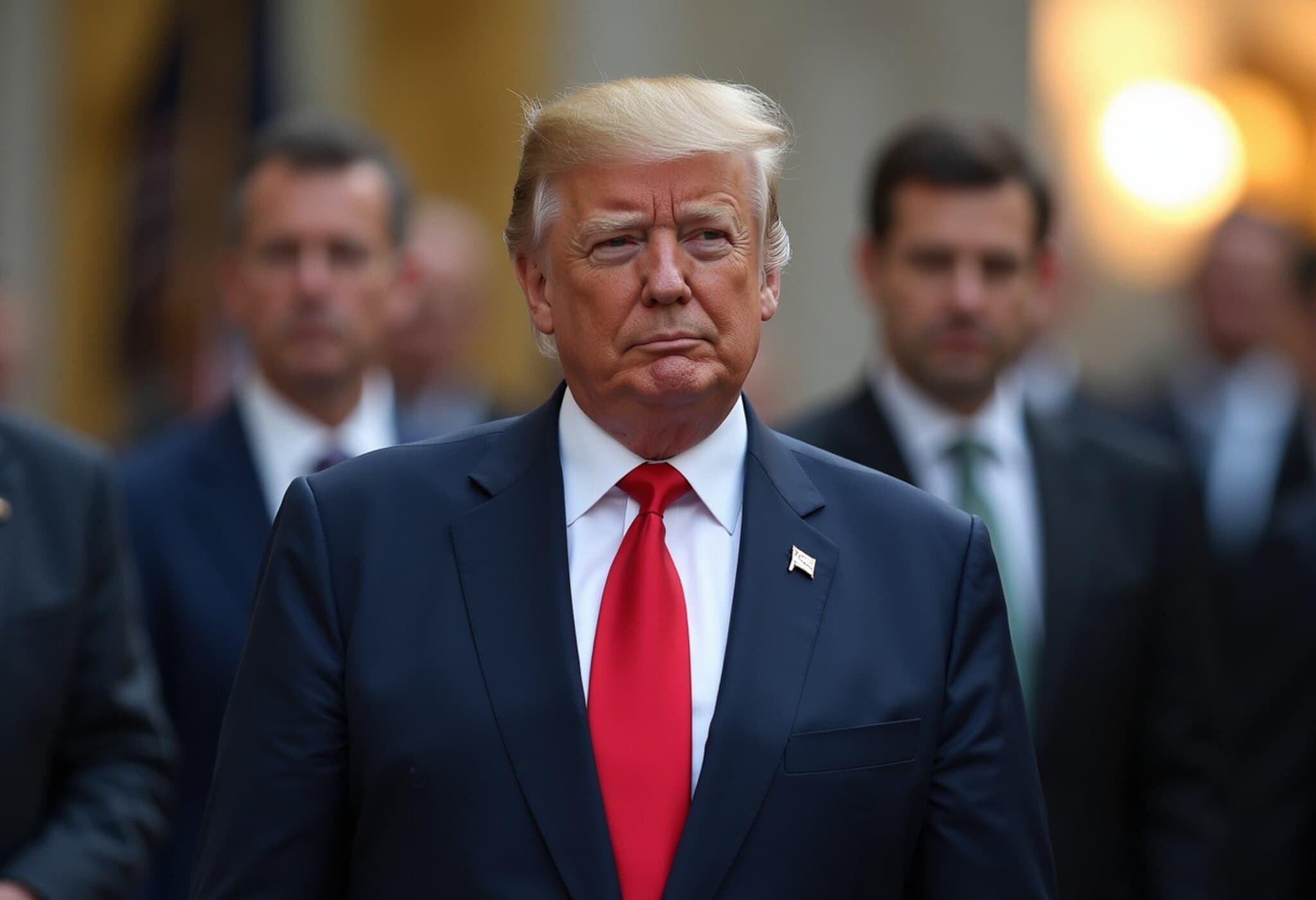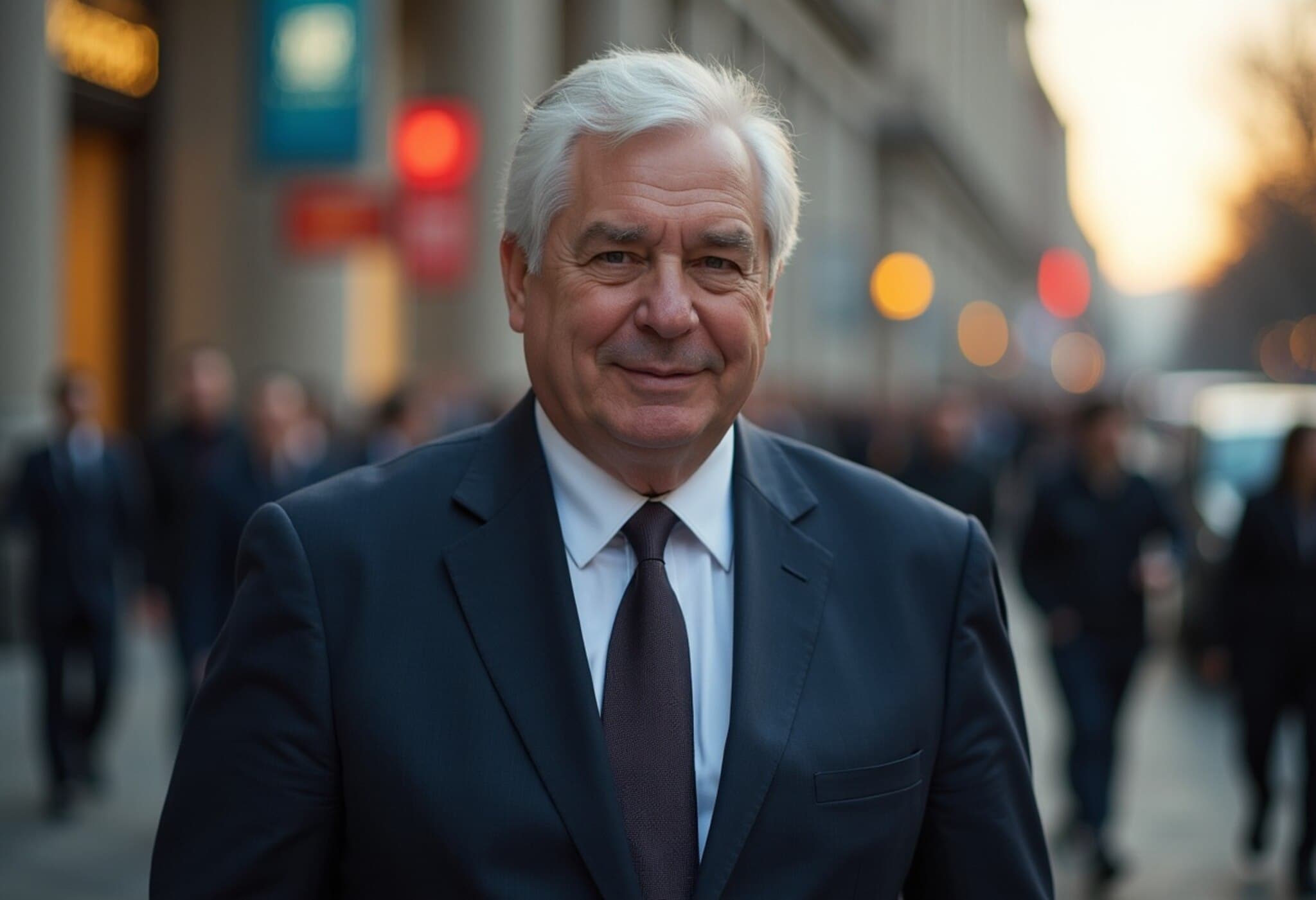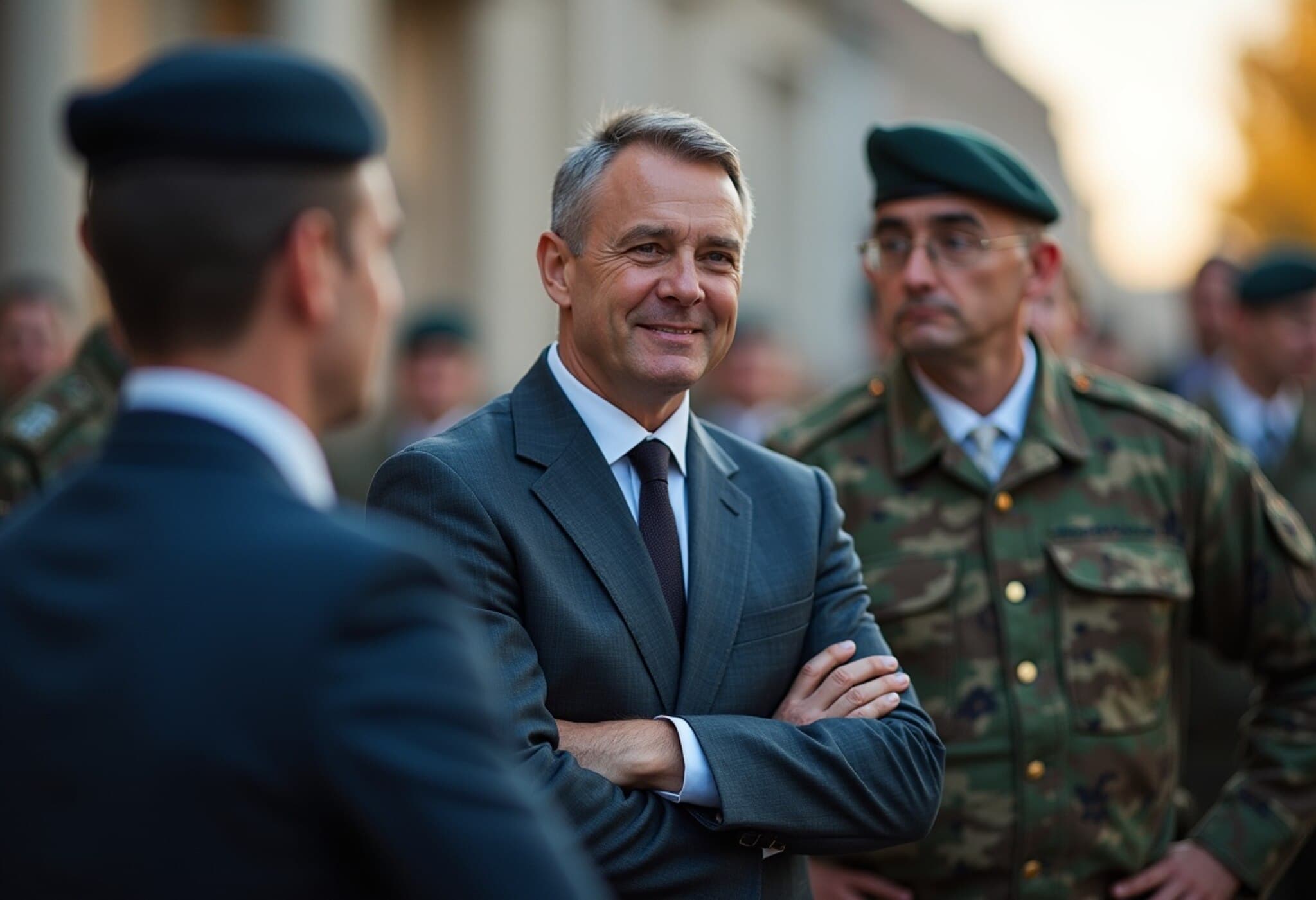Zelenskyy Announces Encouraging Prospects for Renewed US Military Support
Amid one of the most intense periods of Russian missile and drone attacks on Ukraine’s capital, Kyiv's President Volodymyr Zelenskyy revealed on July 10, 2025, that Ukraine has received promising political signals from the United States concerning the resumption of military aid. The announcement follows constructive talks with US President Donald Trump, who has recently taken a more assertive stance against Russian President Vladimir Putin as the conflict entrenches.
Detailed Timetable and Weaponry Commitments Shared
In a frank address, Zelenskyy confirmed that Washington has provided Ukraine with a clear timetable and specifics on upcoming weapons deliveries. This development comes as Ukraine endures relentless strikes, with Russian forces launching 18 missiles and approximately 400 drones against Kyiv early Thursday—an escalation following the record-breaking 728-drone attack the previous night.
US-Russia Diplomacy on Edge
The United States’ intensified diplomatic pressure on Russia has become evident. US Secretary of State Marco Rubio expressed both disappointment and frustration in a meeting with Russian Foreign Minister Sergei Lavrov during an ASEAN event in Malaysia, lamenting the lack of progress toward ending the war. Rubio echoed President Trump’s growing exasperation with Putin’s conduct in this prolonged conflict.
A Turning Point in US-Ukraine Relations?
Zelenskyy also hinted at a significant personnel change, considering nominating Defence Minister Rustem Umerov as Ukraine’s new ambassador to the United States. The choice underscores Kyiv’s strategic intent to fortify its defense capabilities and deepen military cooperation.
Strengthening Air Defenses: Patriot Missile Systems on the Horizon
The Ukrainian leader provided new insights into ongoing talks about expanding Ukraine's air defense network, spotlighting a "positive dialogue" with the US regarding deployment of Patriot missile systems. Importantly, Germany and Norway have pledged financial support to supply Ukraine with two and one Patriot battery systems, respectively, with other European nations potentially stepping in once financial and logistical arrangements are finalized.
Trump’s Firm Stance and Legislative Actions
Since regaining office earlier this year with vows to end the conflict swiftly, President Trump has shifted toward a more uncompromising posture. After resuming arms shipments, he dismissed recent peace overtures from Putin as "meaningless." Meanwhile, he is contemplating backing a Senate bill proposing stringent sanctions on Russia, including high tariffs up to 500% on countries importing Russian energy and raw materials, signaling a hardline approach designed to curtail Russia’s war-funding capabilities.
Contextual Analysis: What This Means for the Broader Conflict
The resumption of detailed military aid with a structured delivery timeline marks a pivotal moment in US-Ukraine relations amidst one of the war's most violent phases. President Zelenskyy’s emphasis on air defense reinforces Ukraine's strategic shift towards countering Russia’s increasing drone and missile warfare—an area that has posed significant challenges to Ukrainian defenses and civilian safety.
Moreover, the emerging sanctions framework, coupled with diplomatic exertions such as Rubio’s meeting with Lavrov, reflects Washington’s attempt to maintain pressure on Moscow on multiple fronts: military, diplomatic, and economic.
However, critical questions remain for policymakers and observers alike: How sustainable will Western military support be amid ongoing global geopolitical tensions and donor fatigue? Can Ukraine’s bolstered air defenses significantly blunt Russia’s missile advantage? And how might intensified sanctions reshape the war’s economic and political trajectory in the months ahead?
Editor's Note
President Zelenskyy's announcement of positive signals from the US on military aid is more than a diplomatic milestone—it reflects a deeper strategic realignment in response to evolving battlefield realities. As Kyiv battens down under intensified Russian missile and drone attacks, the bolstering of defense capabilities through allied support becomes not just necessary, but urgent.
The appointment of a defense-focused envoy to Washington highlights Ukraine’s prioritization of military diplomacy. Moving forward, all eyes will be on how swiftly and effectively the promised weapons systems arrive, and whether Western unity sustains under the strain of a protracted conflict.
This moment in the Ukraine war raises enduring questions about international alliances, the limits of geopolitical influence, and the human costs of modern warfare—the very issues that demand ongoing journalistic scrutiny and public engagement.

